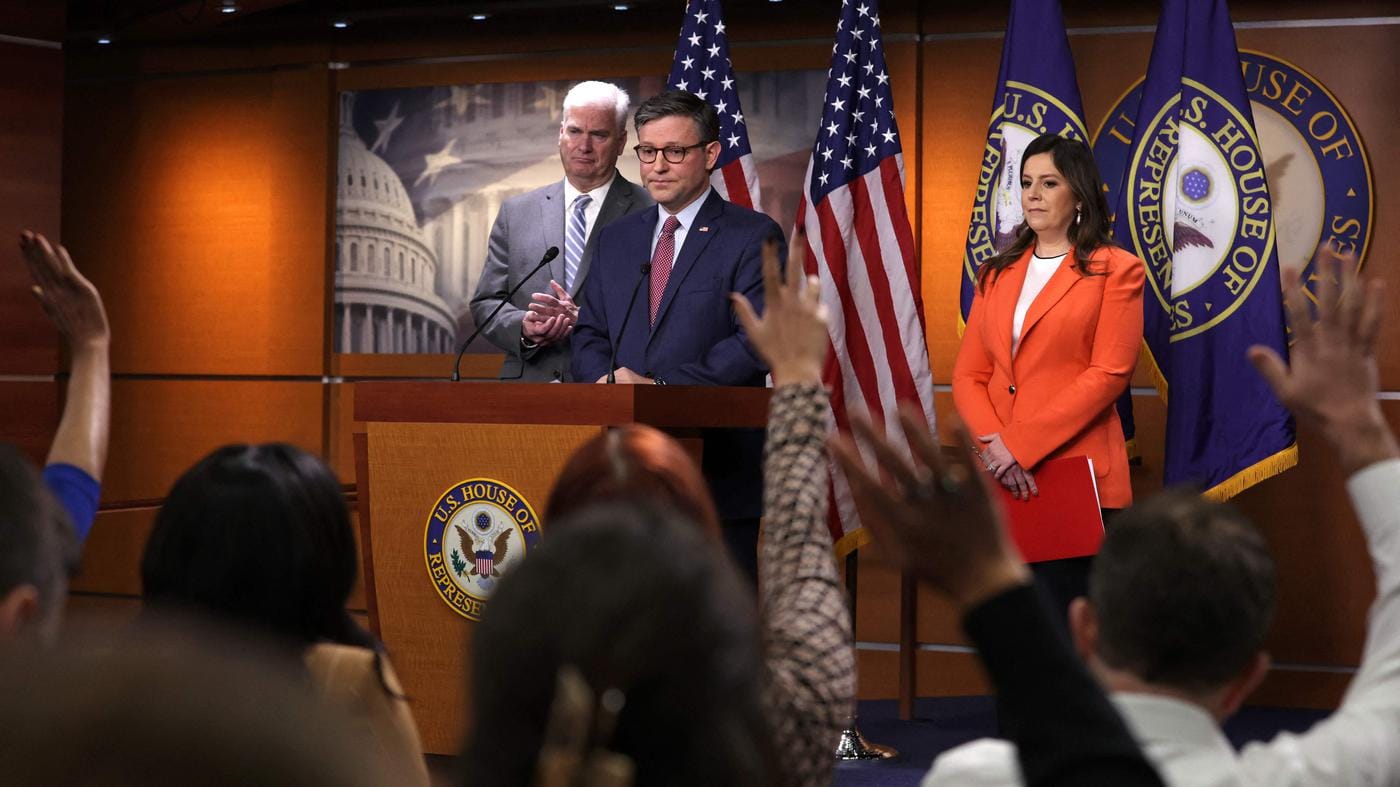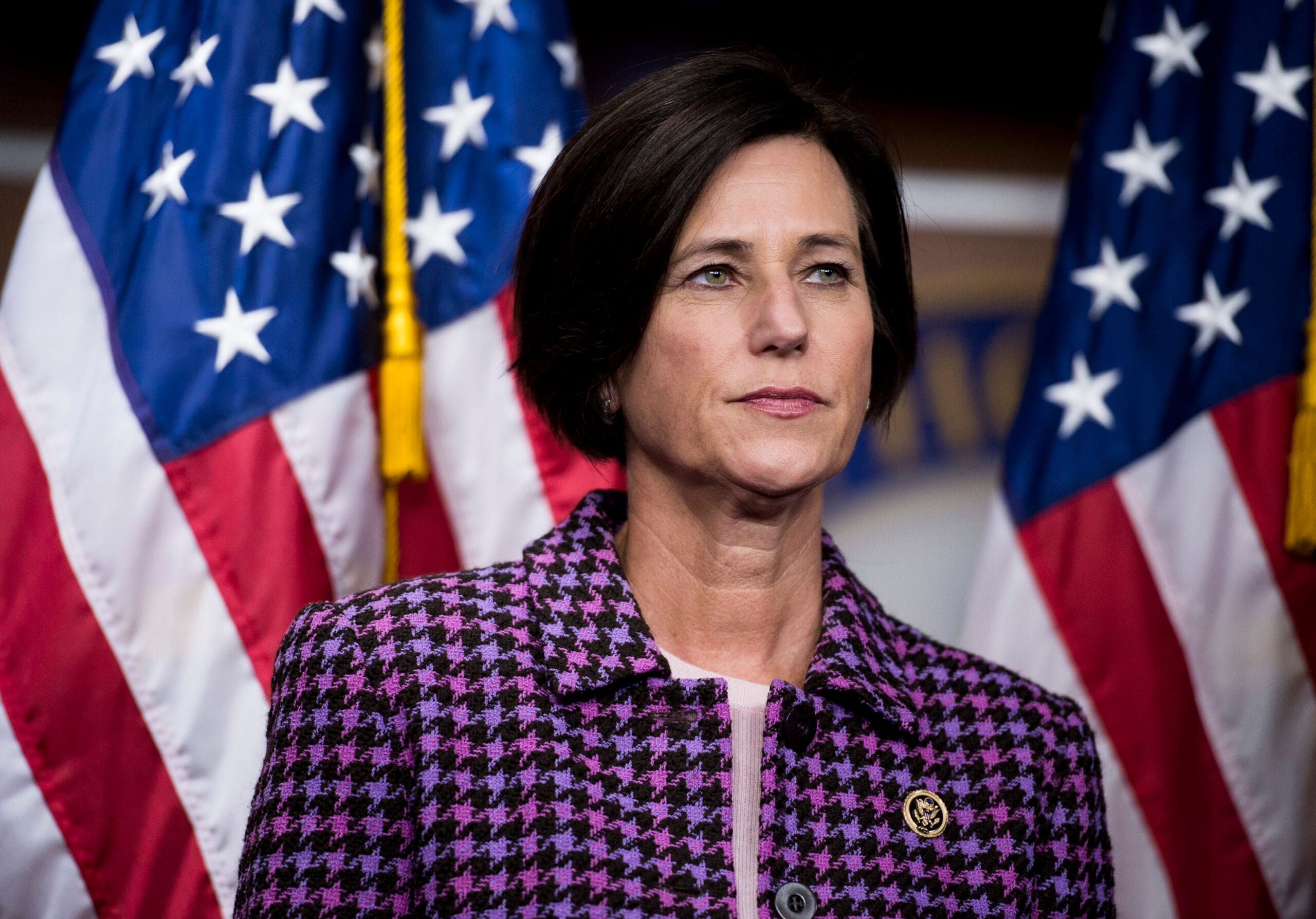In recent discussions surrounding former President Donald Trump’s legislative proposal, a notable schism has emerged within the House Republican caucus. This division primarily revolves around the degree to which the plan should include cuts to taxes and Medicaid. As the bill gains traction, the underlying disagreements among lawmakers have become increasingly apparent, raising questions about party unity and the potential implications for American citizens, particularly those reliant on government assistance.
Supporters of substantial cuts argue that reducing taxes is crucial for stimulating economic growth and encouraging private investment. They assert that lower taxes would provide individuals and businesses with more disposable income, which could lead to increased spending and ultimately boost the economy. Many of these proponents are aligned with traditional Republican ideals, emphasizing small government and free-market principles. They believe that the tax reductions proposed in Trump’s bill will resonate positively with voters ahead of the next election cycle.
Conversely, a faction of House Republicans is advocating for a more measured approach. These lawmakers express significant concerns regarding the impact of deep cuts to Medicaid, which provides vital healthcare services for low-income individuals and families. They fear that such reductions could disproportionately affect the nation’s most vulnerable populations, potentially leading to increased healthcare costs and negative health outcomes. This group stresses the importance of maintaining Medicaid as a safety net, especially in the current economic climate where many Americans are still recovering from the financial effects of the COVID-19 pandemic.
The debate over the proposed cuts highlights a broader ideological struggle within the Republican Party. While many members align themselves with the party’s traditional fiscal conservatism, there is a growing recognition that the party must balance its economic objectives with the social responsibilities of government. Some representatives have publicly stated that they will not support any legislative package that they feel jeopardizes access to essential services for their constituents.


